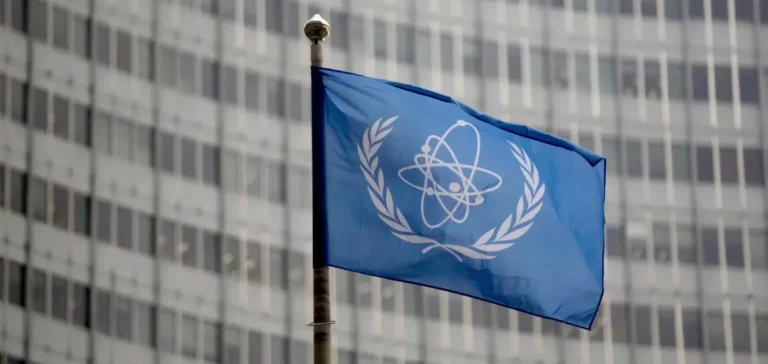After several months of diplomatic stalemate, the Islamic Republic of Iran is showing willingness to restart dialogue with the International Atomic Energy Agency (IAEA), paving the way for a possible return of inspectors to certain nuclear facilities. This opening comes as Tehran seeks to obtain a new agreement with the United States of America, which could lead to an easing of sanctions and a relaxation of economic restrictions weighing on the country.
A Strategic Move by Iran to Reconnect with Washington
The Iranian Ministry of Foreign Affairs has indicated that cooperation with the International Atomic Energy Agency (IAEA) will continue, even though inspections remain governed by national laws adopted by parliament. Access to nuclear sites, especially those targeted by attacks, remains subject to enhanced security conditions. Tehran specifies that each access request will be subject to prior review to protect information deemed sensitive and strategic for national security.
According to several observers, this move is primarily intended to re-establish talks with US authorities. The stated objective of the Islamic Republic of Iran is to lay the groundwork for a new bilateral agreement, relying on partial transparency of its nuclear program. The lifting or easing of certain economic sanctions remains at the heart of upcoming negotiations, with a potential impact on the commercial and financial flows of the Iranian energy sector.
Russia Supports a “Zero Enrichment” Agreement between Iran and the United States
In this context, the Russian Federation has taken a position in favor of a “zero enrichment” agreement, meaning a total halt to uranium enrichment activities by the Islamic Republic of Iran. According to sources cited by several international media outlets, the Russian president has informed his American and Iranian counterparts that he supports this scenario as a basis for compromise. This arrangement, already discussed in previous talks, would provide for the gradual lifting of sanctions in exchange for verifiable guarantees on the suspension of sensitive nuclear activities.
It should be noted that the Russian Federation has not committed to a supervisory or controlling role, merely supporting the diplomatic approach between Washington and Tehran. The concrete details of such an agreement, notably the conditions for verification and monitoring mechanisms, have not been made public at this stage.
Markets, Oversight, and Regulatory Uncertainty
The evolution of talks between the Islamic Republic of Iran, the United States of America, and the Russian Federation is raising numerous questions among energy sector operators and market analysts. The potential return of International Atomic Energy Agency (IAEA) inspectors to Iranian facilities is seen as a signal of openness but does not guarantee the swift conclusion of a new agreement. The complexity of the negotiations and the diversity of requirements from the different parties make the trajectory of Iran’s nuclear program uncertain in the coming months.
Investors and institutional players are monitoring changes in the regulatory framework, which could influence the stability of regional and international energy markets. Any progress towards a “zero enrichment” agreement could alter the dynamics of trade, investment, and industrial strategies related to the nuclear sector in the Middle East.
The ongoing process highlights the multiplicity of interests at stake and the need for stakeholders to navigate between security requirements, diplomatic constraints, and economic objectives in an unstable environment.






















